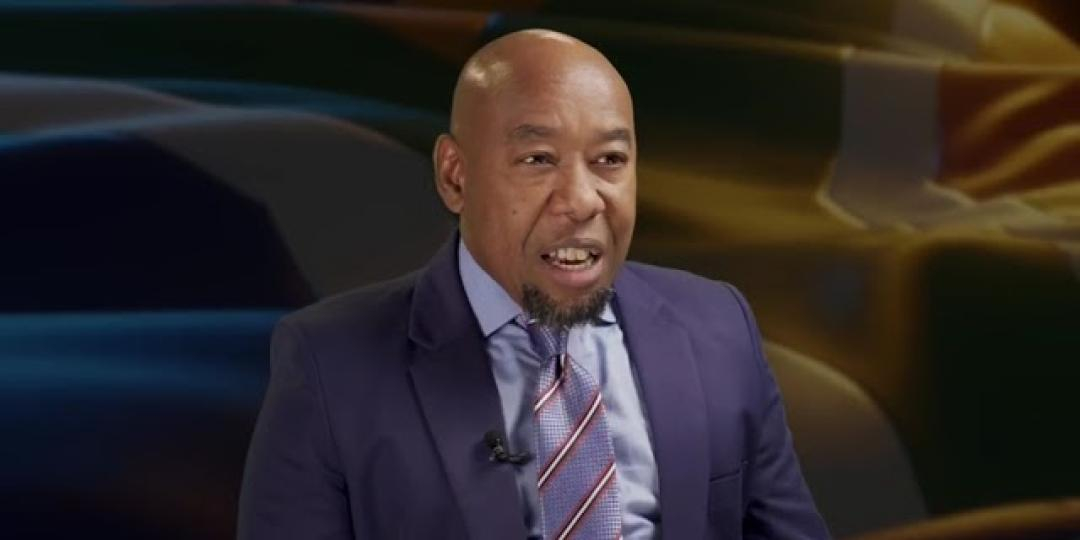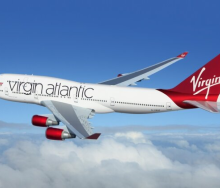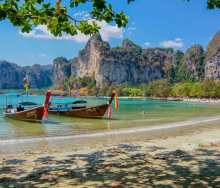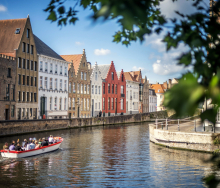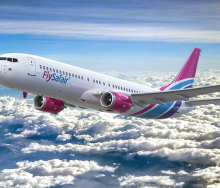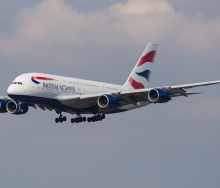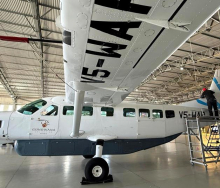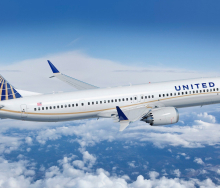To date, no contracts have been signed by South African Tourism or the government on a proposed R910 million sponsorship deal with English Premier League (EPL) side Tottenham Hotspur. And the conversations on this deal have halted until all stakeholders – including government – have been fully apprised.
That said, Acting CEO of SA Tourism, Themba Khumalo, added that the South African Tourism Board had, on Tuesday, January 31, conditionally approved the proposed deal, noting that it made commercial sense.
“And, we believe in the viability of the proposed project to grow tourism numbers, up the industry’s contribution to GDP through foreign tourism spend and to create jobs,” he said, noting that the intention was to proceed with the partnership proposal once the necessary approvals and consultations had been obtained.
“It is unfortunate that the information regarding the partnership was leaked ahead of time. We apprised our shareholder, the Minister of Tourism, yesterday (February 1) following the January 31 board meeting. What is now left in the process is to consult our tourism sector stakeholders and national Treasury, prior to finalising anything,” emphasised Khumalo.
He said the organisation should be able to do this without being upended by leaks that distorted the context of SA Tourism’s working processes.
“The organisation seeks to welcome all ideas that achieve the objective of profiling South Africa. Evaluating the timing, costs, and return on investment are all part of SAT’s process and the organisation will work to ensure there is alignment on these critical variables,” Khumalo pointed out.
21 million tourists by 2030
As the marketing agency of the Department of Tourism, SA Tourism has a government-mandated goal. That is to achieve 21 million international tourist arrivals by 2030.
“The organisation must, therefore, apply relevant marketing strategies to ensure it delivers on this mandate,” said Khumalo, noting that SA Tourism deliberated over various strategies to better market South Africa as a preferred destination.
“In order to achieve its target by 2030, South African Tourism has geared its future strategy to ensure that it is aggressive in its approach and international marketing efforts.
“We cannot carry on with business as usual, because it will not yield the desired results. This is why we are contemplating a partnership of this scale with Tottenham Hotspur FC to really help us shift the dial in our tourist arrivals,” said Khumalo.
The reasoning
As part of the research, South African Tourism sought to understand the success of high-impact sporting partnerships and how destinations have benefited from such collaborations. A number of destinations globally have entered into sports partnerships and these have yielded high returns in terms of tourist arrivals.
“This particular strategy (the Tottenham Hotspur proposal) is not new to the continent and South Africa in particular; Rwanda has recorded their investment as the reason behind their 8% climb in tourism numbers,” said Khumalo.
He said South African Tourism had chosen to explore a partnership with Tottenham Hotspur FC for a number of reasons, particularly as the UK is one of South Africa’s key source markets, as per the entity’s Marketing Prioritisation Investment Framework (MPIF).
Furthermore, sport is one platform that has sustained aggregated audiences, which the entity can tap into to convert fans and spectators to tourists.
In 2019 the UK was the third-largest source of international visitors to South Africa – accounting for 8,3% of all international arrivals – with over 430 000 British tourists visiting South Africa in 2019 alone.
Khumalo explained: “In addition to reaching the United Kingdom market, the huge reach of the English Premier League will give South Africa visibility in over one billion homes globally, as well as access to the major markets Tottenham Hotspur players hail from, including South Korea, France, Brazil, Portugal and Nigeria, as well as countless European and other countries where the club will participate in continental competitions and pre-season tours over the next three years."
High ROI expected
Khumalo told Travel News that this proposal amounted to about 35% to 40% of SA Tourism’s foreign marketing spend, emphasising that this deal was not in isolation from other marketing projects/campaigns.
“But we are cognisant of the fact – which was agreed upon through consultation with the private sector and associations such as the Tourism Business Council South Africa (TBCSA) – that major events, which are sustainable throughout the year, will have the most impact.”
According to Khumalo, research showed that the English Premier League is watched live by 661 million people. “These people are from a high LSM bracket, who can afford to travel long haul. If we only convert 10% of these, we have converted 66m travellers to South Africa.
“Even if only 1% of these viewers are converted, it still means 6,6m tourists to SA.”
Furthermore, said Khumalo, over 35% of those viewing the live games were CEOs of top London-listed companies as well as key government officials from the House of Commons and House of Lords.
“We have engaged with the High Commission in London to grant us access to these key policy- and decision-makers as part of this deal,” he said.
Plus, unlike the Rwanda deal which was a media deal only, we will also have on-the-ground activations.”
Industry concerns
Yet, from comments received by Travel News, industry buy-in is still not a given. And, says TBCSA CEO,Tshifhiwa Tshivhengwa: “The conversion of awareness to an actual booking is done by industry so we need full buy-in and consultation by industry until it is put to the board.”
He added that this proposal did not consider where tourism growth was going to come from. “The UK and Europe are traditional markets we have to defend. But the growth, for us, is going to come from China and India. These are the markets that will help us meet the ambitious 21 million tourists by 2030 target.
“Whatever we do has to focus on how we grow India and China. We need to work with the trade on the ground in those markets to stimulate demand there and we need to get more air connectivity to and from those markets,” said Tshivhengwa.
